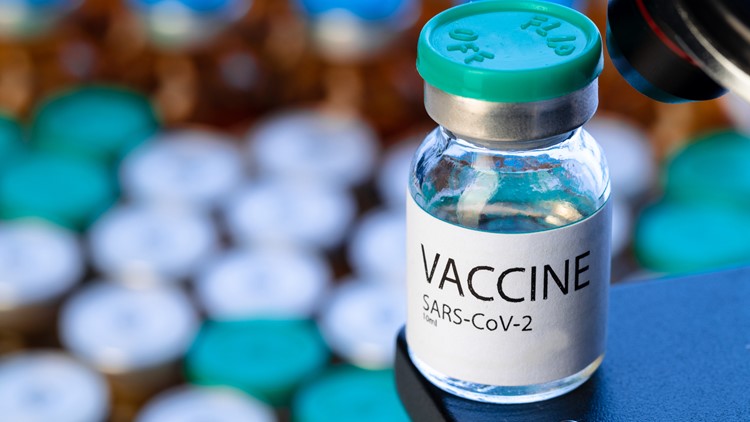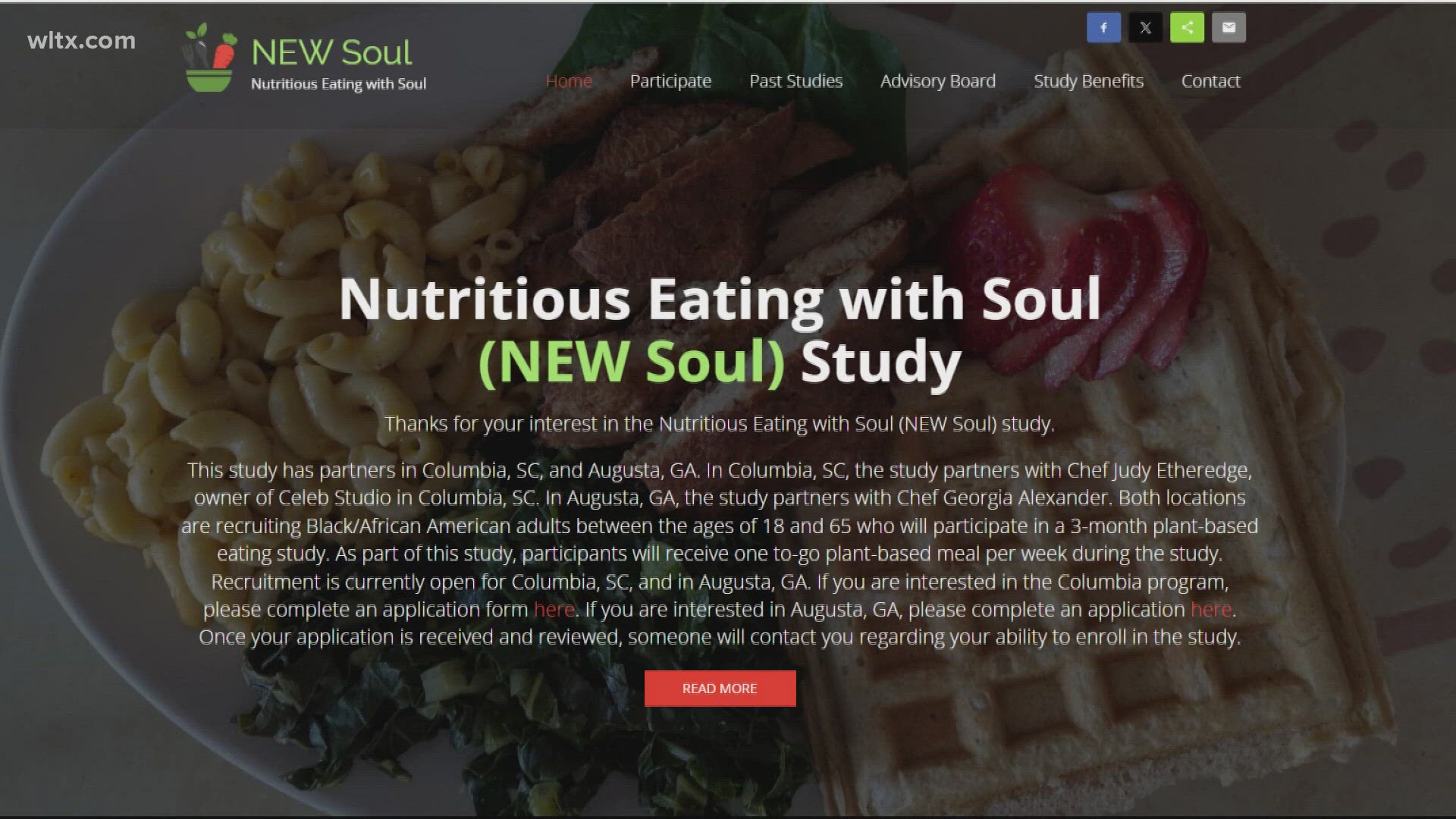WEST COLUMBIA, S.C. — You may have put off getting a COVID-19 vaccine because you have concerns about its side effects or safety. Michael J. Oehler, MD, with Spring Valley Family Practice answers some common questions about the vaccine.
I’ve heard of vaccinated people getting COVID so does the vaccine actually work?
No vaccine is perfect, but COVID-19 vaccines are some of the best that we have. Most people who get vaccinated will not get COVID-19. Some people will still get what we call a “breakthrough” case. This occurs when you are exposed to COVID-19 after being vaccinated and contract the virus. The important thing to know is the vast majority of these breakthrough cases are mild. The most common symptoms resemble a head cold.
Overall, COVID-19 vaccines reduce your risk of being hospitalized or dying from COVID-19 by about 95%. In 2020, COVID-19 was the third leading cause of death. When you stop to think that getting one or two vaccines can dramatically reduce your risk of dying from the third most common cause of death, it is remarkable that people are hesitating at all.
I’m concerned about side effects from the vaccine. What are the common side effects? How prevalent are serious side effects?
Most of my patients who have not yet received their COVID-19 vaccine are concerned about the many rumors they have heard. The bottom line is that COVID-19 vaccines are safe and effective. We have administered over 160,000,000 COVID-19 vaccinations. The most common side effects include soreness at the vaccination site, and flu-like symptoms that last for a day or two, usually after the second dose. The flu-like symptoms are NOT the same as getting COVID-19. These symptoms tell us that your body is mounting an immune response to the vaccine, which is a good thing!
There are two known serious side effects. First, an exceptionally small percentage of people have a serious allergic reaction to the vaccine. For this reason, healthcare personnel monitor you for a time after you receive the vaccine and will take appropriate action if it seems like you are having a reaction. About 999,995 out of 1,000,000 people who get the vaccine will not have this allergic reaction. Second, an exceptionally small percentage of women who receive the Johnson & Johnson vaccine have developed a blood clot in the head. About 999,993 out of 1,000,000 women who receive the Johnson & Johnson vaccine will not develop this blood clot.
Will the vaccine change my DNA?
No. The Moderna and Pfizer vaccines include a molecule called “RNA”. I believe that people have confused the word “RNA” with “DNA”, leading to this rumor. The RNA is a blueprint that your body uses to make a single part of the shell of the virus. Your body then recognizes that this virus particle is “foreign”, quickly eradicates it from your body, and remembers what it looks like. If you are later exposed to COVID-19, your body is able to recognize the particle that it learned about from the vaccine, and it quickly mounts an immune response.
Does the vaccine affect fertility?
No. This is one of the oddest and most prolific rumors regarding the virus. There is not even a kernel of truth to this. It seems the rumor started because a very small percentage of women reported having a heavier-than-normal period after receiving the vaccine. Someone then incorrectly decided that this heavy period reduced their fertility, which is not true. Again, there is not even a shred of truth to this rumor. I highly encourage everyone to get the vaccine. However, I especially encourage women who are pregnant are trying to become pregnant to get it. The first reason for this strong recommendation is that COVID-19 can be more severe during pregnancy. The second reason is that infants cannot currently receive the vaccine, so they rely on obtaining their immunity from Mom’s vaccine, either through blood before birth or through breastfeeding after birth.
Are there any medical reasons not to get the vaccine?
There are two reasons to not get the vaccine. The first is if you have received an infusion of COVID-19 antibodies within the last three months. The second is if you have a documented allergic reaction to the vaccine. However, the only way to know if you have an allergic reaction to this vaccine is to get it.
I have already had COVID-19, should I still get vaccinated?
Yes. Your immunity from COVID-19 wanes as times goes on after your illness. Unfortunately, we have seen many cases of people who catch COVID-19 multiple times. The vaccines can help your immune system, and hopefully help you to avoid contracting COVID-19 again.
Which vaccine should I get?
I generally recommend either of the COVID-19 RNA vaccines. These vaccines (made by Moderna and Pfizer) are proving incredibly resistant to COVID-19 variants and mutations. They are about equally effective, and I discourage patients from worrying about which one to get. Currently, the only approved vaccine for children aged 12-18 is the Pfizer vaccine. The downside to the RNA vaccines is that they require two shots separated by three to four weeks. The single dose (Johnson & Johnson) vaccine is somewhat less effective, but it is still about as effective as a typical flu shot. I recommend the Johnson & Johnson shot to my patients who need to be fully vaccinated as quickly as possible or who are exceptionally scared of needles.



